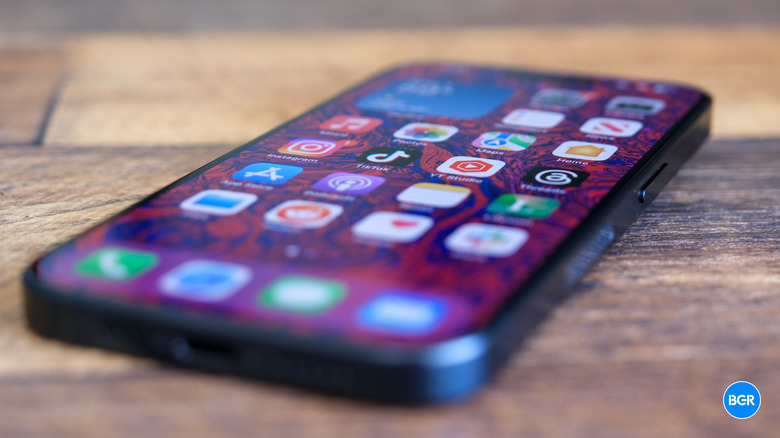iOS 17.5 Enables iPhone App Downloads From Outside The App Store - But Don't Get Too Excited Yet
When Apple announced plans to comply with the new Digital Markets Act (DMA) legislation in Europe, we discovered that iPhone sideloading would not be what some developers and iPhone users wanted.
Sideloading refers to downloading apps for a device from any source, including developer websites. Initially, Apple's proposed support for third-party downloads only covered alternate App Stores, the App Marketplaces. Apple then changed tune and decided to allow direct iPhone app downloads from a developer's website (Web Distribution). The company promised such functionality would be available this spring.
Apple has just released the iOS 17.5 beta 1 update, and it looks like this is the update that will enable the iPhone sideloading feature you've always wanted. Victory? Well, not so fast. It'll be a while until this becomes a thing, as developers have to agree to a specific set of conditions.
Apple has not announced that app downloads from websites will be available once the iOS 17.5 update arrives later this year, but MacRumors says that's what's happening.
Then again, we don't need that many confirmations. Apple said it would enable the feature this spring, which is practically here. The iOS 17.5 update is the next major iOS release and support for app downloads from websites makes sense.
As I warned before, every time I talked about iPhone sideloading support under the DMA rules, you shouldn't get too excited.
First, app downloads from websites will only be available to iPhone users based in the 27 European Union member states. Second, iPhone sideloading only applies to, well, iPhones. The iPad isn't getting the same treatment.
Third, developers who want to offer app downloads to users must adhere to specific requirements. They have to have developer accounts that are two years old or older and be in good standing with Apple. Also, they need to operate apps that have accumulated over one million first annual installs in the EU in the prior calendar year.
They also have to agree to have their apps notarized by Apple or go through a soft review that ensures the apps are safe for the user. Developers must be transparent about data collection policies and let users control how their data is collected and used.

If a developer meets those conditions and wants to enable app downloads from their website, they'll be able to do so soon. Then, iOS 17.5 will let iPhone users download those apps.
The reason I wouldn't be too excited right away concerns Apple's Core Technology Fee (CTF) that applies to App Marketplaces and Web Distribution. Apple will charge developers €0.50 for each app download from these sources after an app passes 1 million downloads.
People might not like the CTF, but it's a tax that must exist. Developers have to pay Apple some sort of fee for what Apple offers them in return.
As you can see above, Apple will only allow direct app downloads from websites for apps that have topped 1 million downloads in the previous calendar year. Therefore, these apps will likely produce revenue for Apple via the CTF fee.
That's the part of iPhone sideloading that developers have to embrace if they want to escape the App Store. And not all developers of popular iPhone apps will necessarily want to embrace direct downloads. It'll be interesting to see which companies go for Web Distribution later this year.
I will add that not all developers will pay the CTF, as Apple explains:
Nonprofit organizations, accredited educational institutions, or government entities based in the EU that have been approved for a fee waiver are exempt from the Apple Developer Program annual membership fee and the Core Technology Fee.
But those aren't probably the apps you're dying to install on your iPhone from a developer's website. They'd be better off staying in the App Store.
